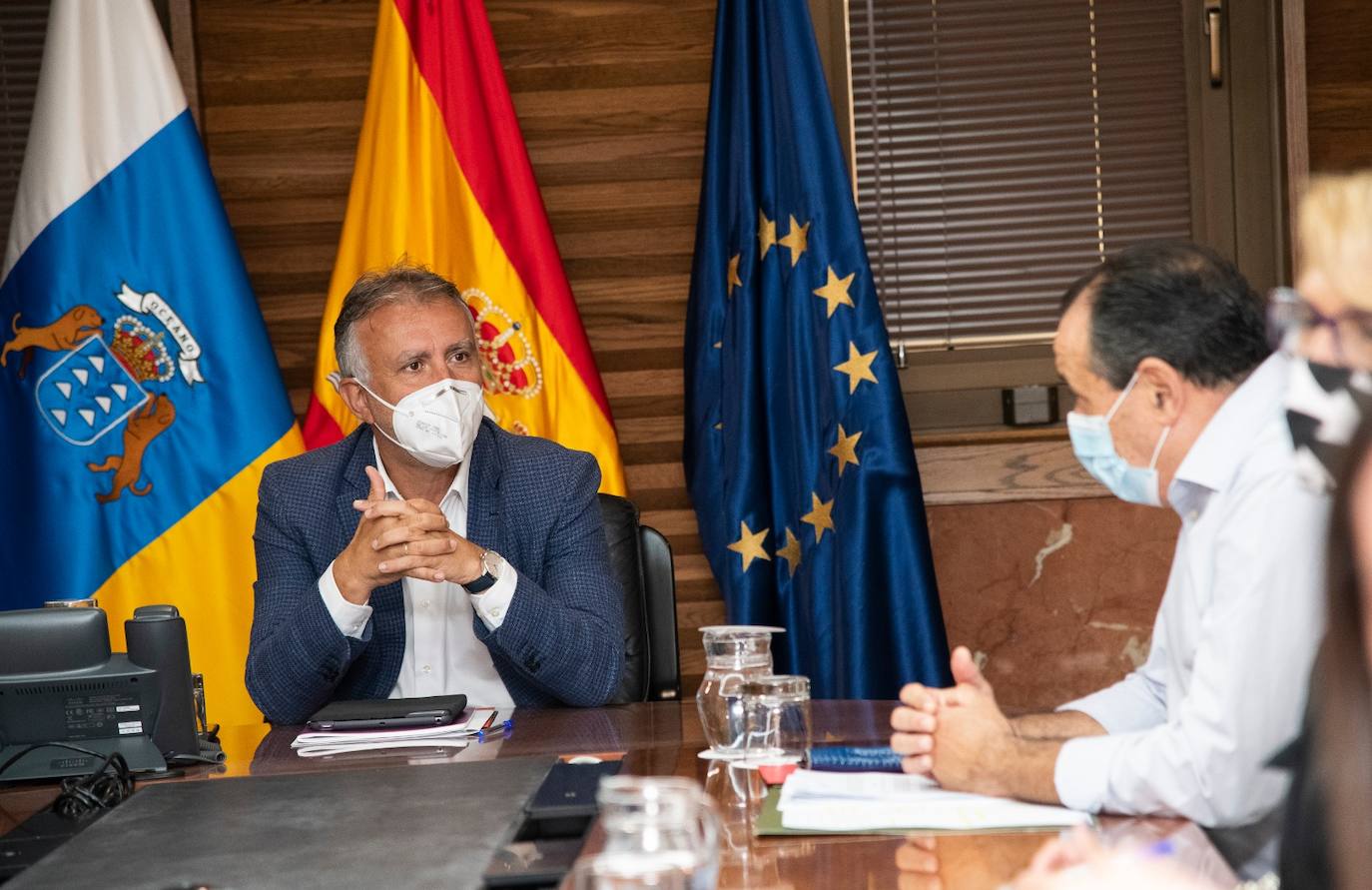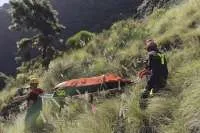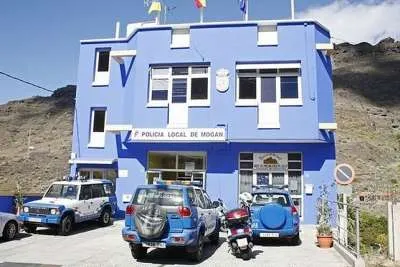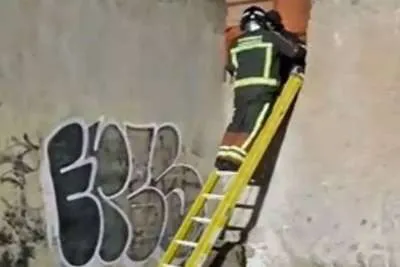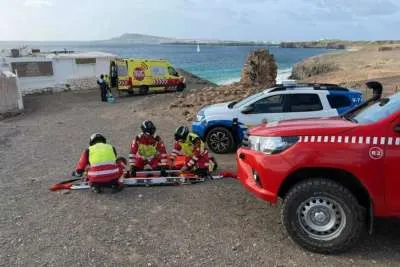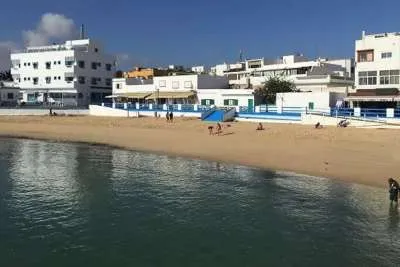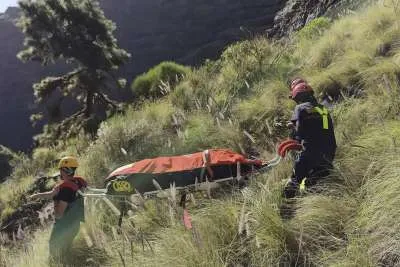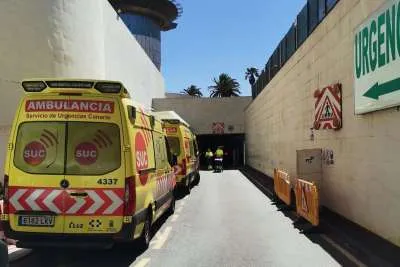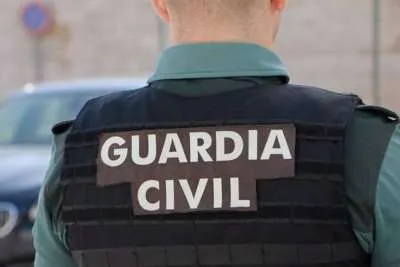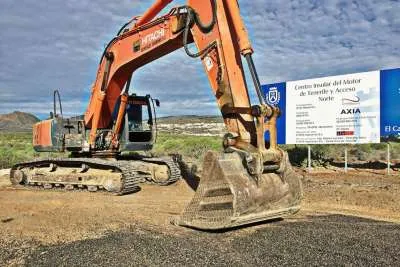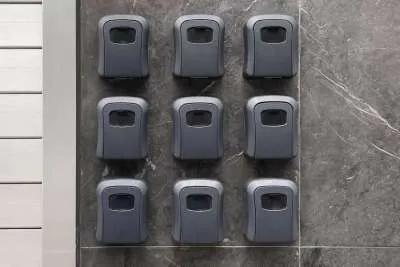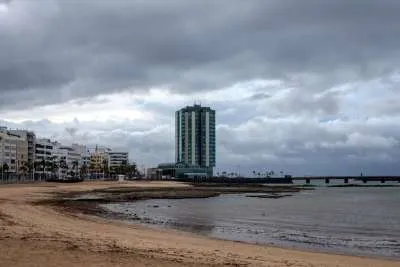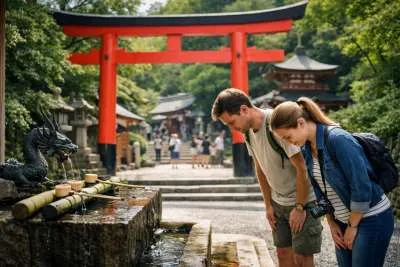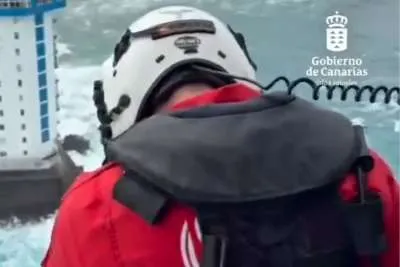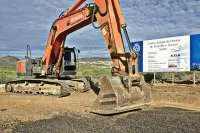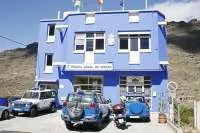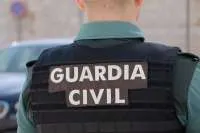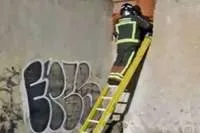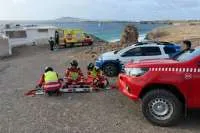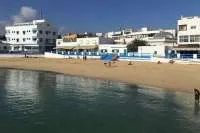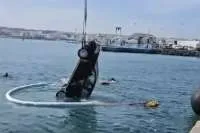The Governing Council will decide today what restrictions will stay after Sunday
- 06-05-2021
- National
- Canarian Weekly
The Canary Islands Government wants to continue controlling the entry to the islands in ports and airports, limiting the number of people who can meet, and setting time limits for activities, such as closing time for bars and restaurants. But these restrictions to contain the pandemic conflict with fundamental rights and will be left without legal coverage as of Sunday when the state of alarm is lifted.
The anti-covid measures that the Canary Islands will maintain, and the legal mechanisms that will sustain them, will be two of the main issues that the Governing Council will address today in their weekly meeting.
"At the end of the meeting we will reveal what the Canary Islands Governments approach to the ending of the state of alarm will be,” announced the President of the Canaries, Ángel Víctor Torres, yesterday. "We want to find mechanisms so that when the situation of the pandemic demands it, we can control it, or if the situation worsens, there may be restrictions on mobility or certain hours to apply," he added.
The truth is that the central government's plan to lift the state of alarm and cause these conflicts, due to the unconstitutionality of the restrictions in the hands of the autonomous communities and the Supreme Court, worries the experts. “Although the Supreme Court is given a short period of five days to issue a sentence, once the higher courts have ruled, the time is lengthened. Five days is not enough in a court but a lot for a massive outbreak of an epidemic, "says Beatriz González López-Valcárcel, professor of Health Economics at the University of Las Palmas de Gran Canaria.
She believes that the state of alarm should be lengthened until the end of summer, when the majority of the population is vaccinated. "That would have a high political cost and achieving the support of the majority in Congress, as the country is in tension, is difficult," she says as a member of the scientific committee that advises the Canarian government against the pandemic.
Fortunately, the situation of the pandemic in the Canary Islands is not as bad as the one that other regions with higher incidence rates will face without these tools. “If the ability to make decisions affects constitutional rights, I don't know, but lifting the state of alarm is a risk. We only have a few months to go before we reach herd immunity, "says the virologist and member of the scientific committee, Antonio Sierra.
The epidemiologist Amós García maintains a similar position. I hope that the end of the state of alarm does not mean a leap into the void. It should go hand in hand with the autonomous communities having legal resources to make decisions if the situation so requires”, highlights the head of Epidemiology of the General Directorate of Public Health of the Canary Islands Government.
More optimistic though is the professor in Preventive Medicine and Public Health and rector of the ULPGC, Lluís Serra Majem, who is convinced that the communities will be able to equip themselves with a common standard to face the epidemic with guarantees. "It is going to be difficult, but not impossible, to control the situation," says the expert who describes the lifting of the state of alarm as a mistake. "It is not being extended for political reasons," says Serra, who regrets that political interests prevail over public health.
An announcement is expected at approximately 5pm this afternoon after the Governing Council meeting.
Other articles that may interest you...
Trending
Most Read Articles
Featured Videos
TributoFest: Michael Buble promo 14.02.2026
- 30-01-2026
TEAs 2025 Highlights
- 17-11-2025


